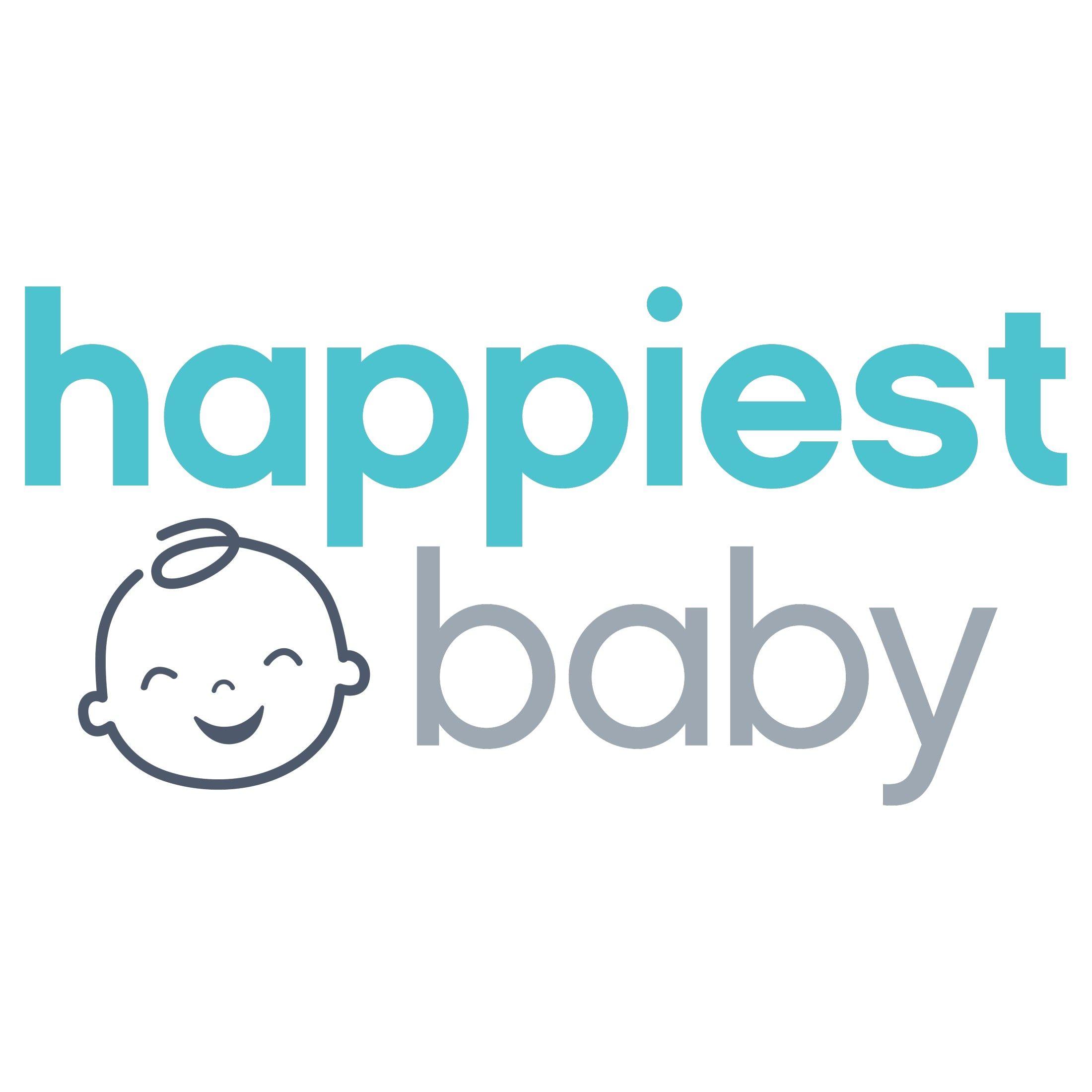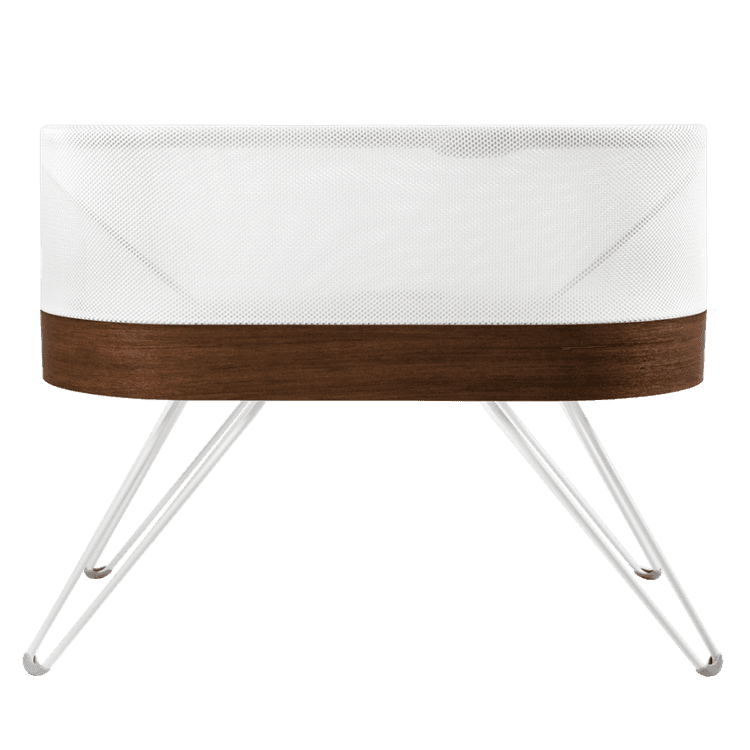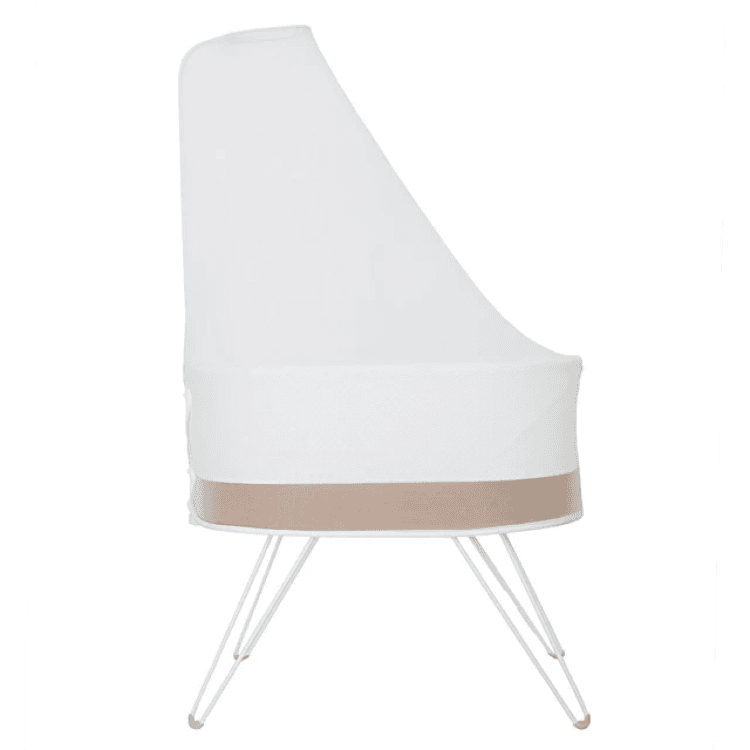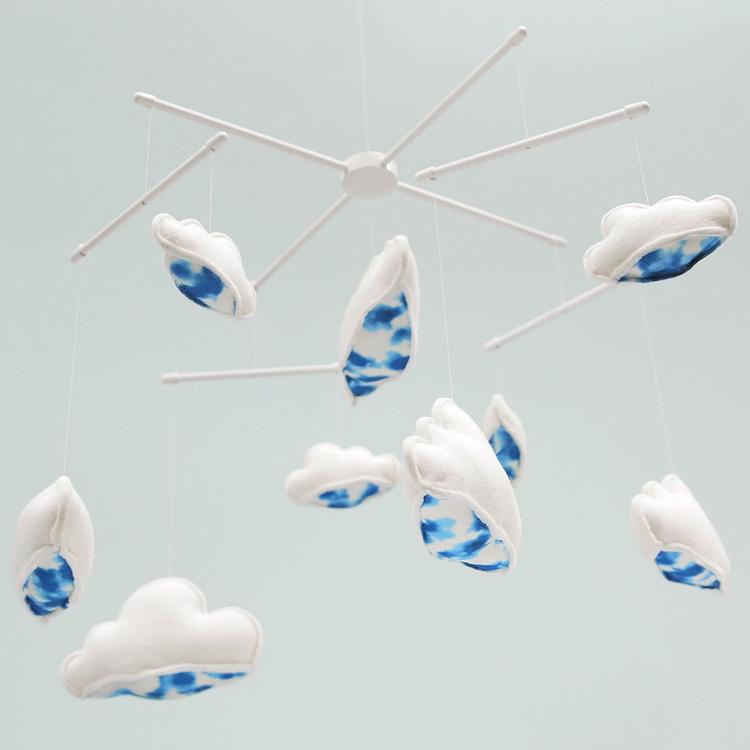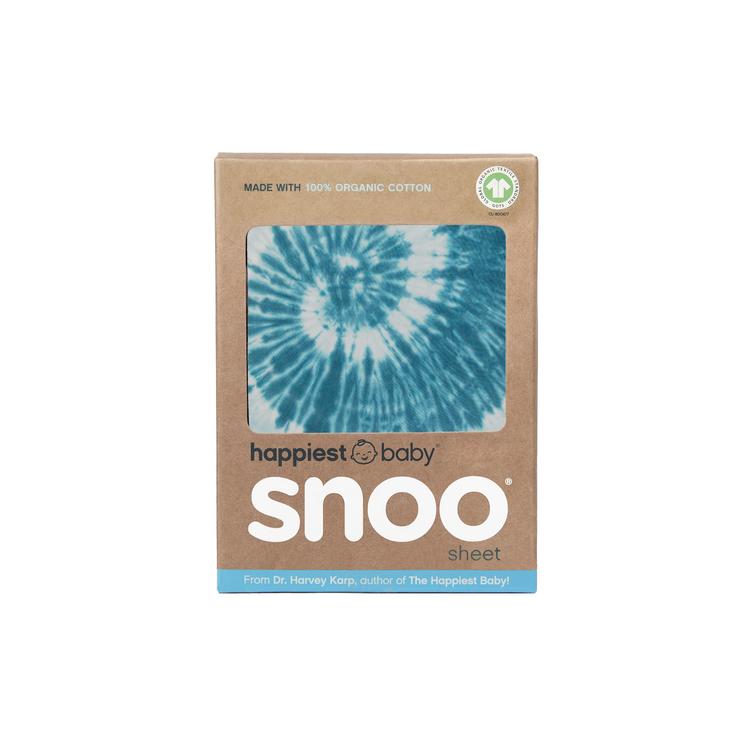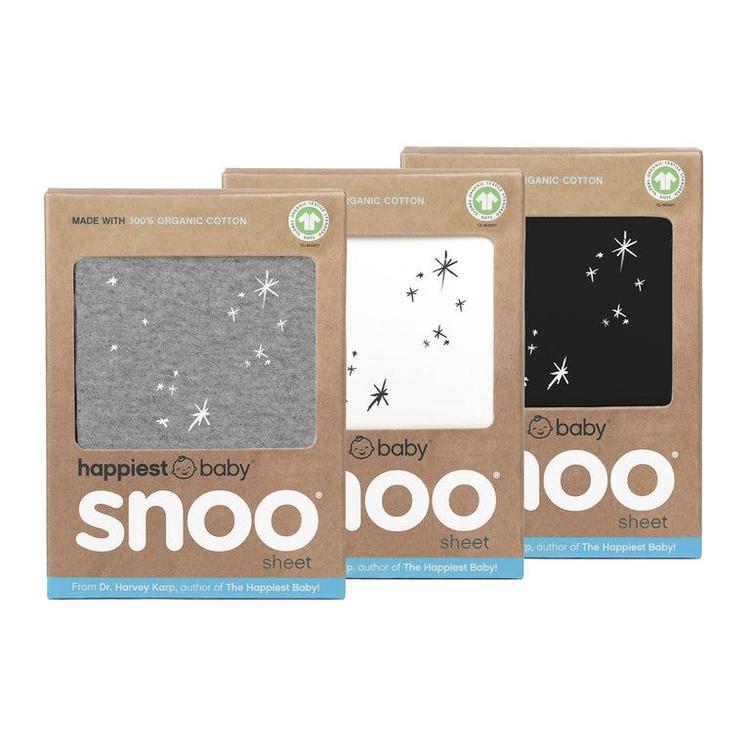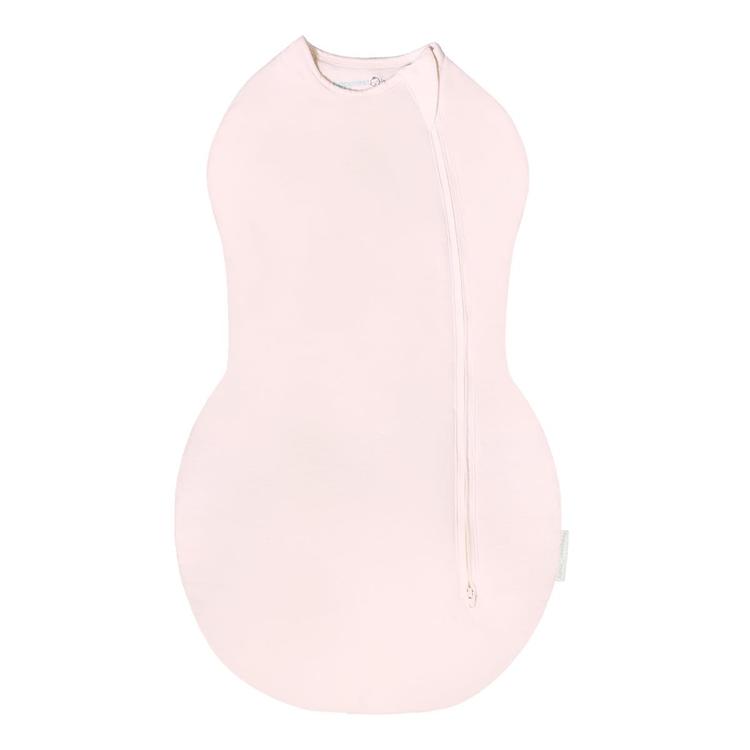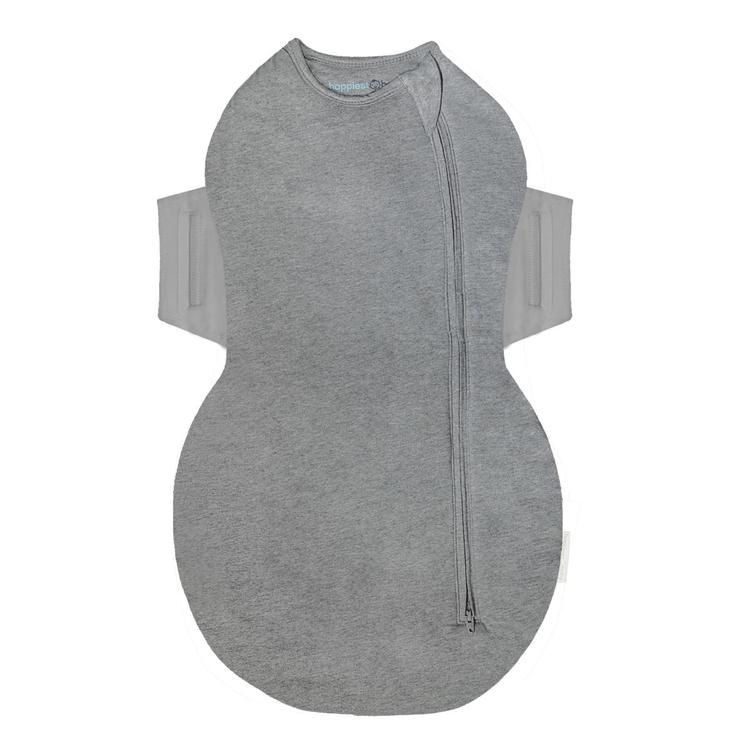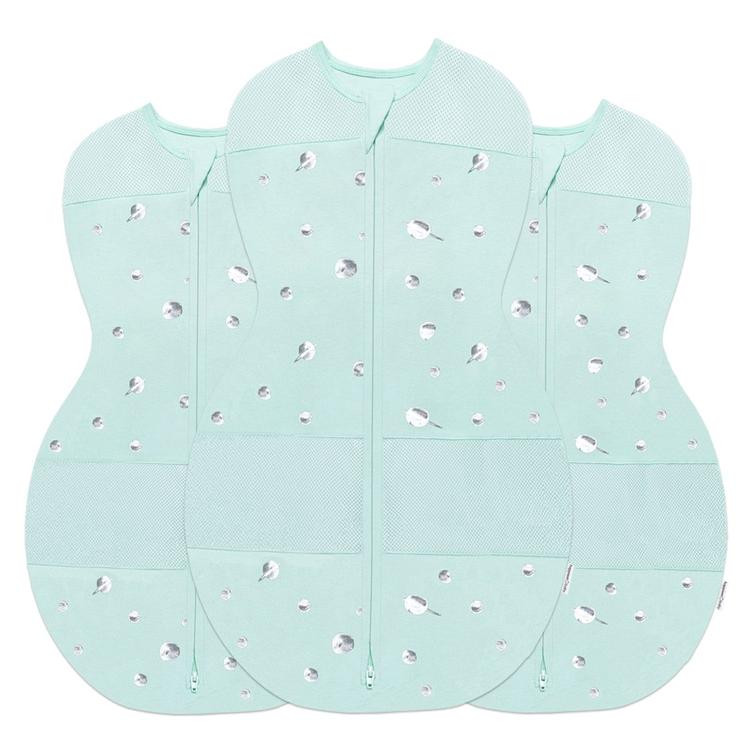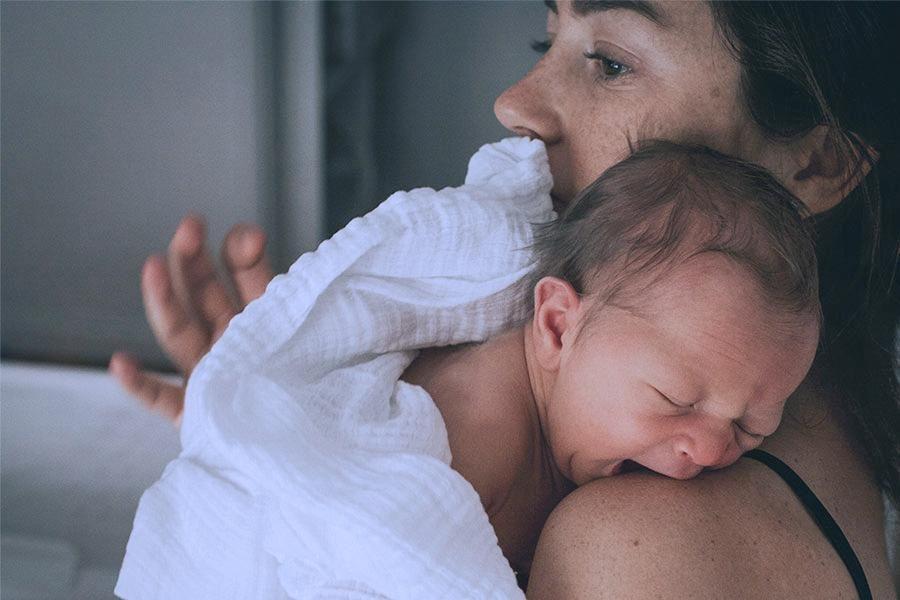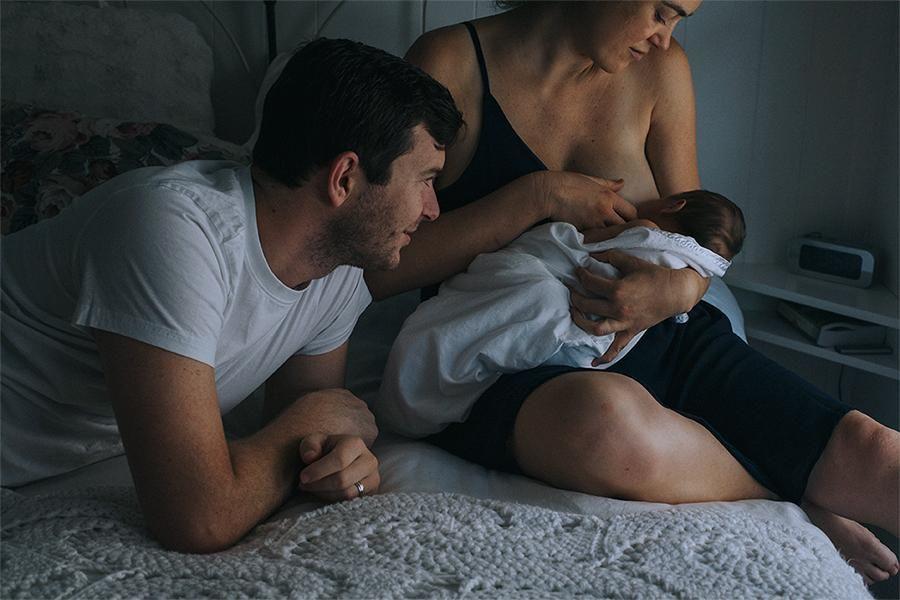In honour of Black Breastfeeding Week, we are interviewing a few mums to gain a better understanding of their experiences with breastfeeding and motherhood as Black women.
Keyma Morgan, founder of Style Weekender, always wanted to breastfeed—but she also knew, realistically that between her intense job and frequent travel, she would need to supplement with pumping and formula. 'Breastfeeding and supplementing was my initial thought for my journey,' she says.
So, she gave her doctors a heads up that this was her plan. Unfortunately, this had a negative impact she did not anticipate.
When Keyma’s daughter Victoria was born, she had trouble breastfeeding.
'When I couldn’t breastfeed right away, she was given a bottle, pronto,' Keyma remembers. 'I do get it, but I had explained to the doctor [that my choice to supplement] was out of work-life convenience. I didn’t realise they’d introduce a bottle right away, and I didn’t realise with introduction of bottle it would make a harder process for me to naturally breastfeed.'
Keyma’s breastfeeding struggles persisted through her three-day hospital stay, and despite the hospital having a lactation consultant on staff, Keyma did not see the lactation consultant until 30 minutes before she was discharged...which did not end up being helpful. Then, when Keyma’s milk did come in, she became too engorged to breastfeed.
'I emailed and did all of the things the hospital told me to do, but it wasn’t working,' she says. 'There was no plan or follow up.'
After exhausting those recommendations, she took matters into her own hands, first trying nipple shields, and then enlisting an independent lactation specialist.
'We had a plan, and I was trying, but for some reason I wasn’t producing enough,' Keyma remembers. 'I spent over $1,500 buying stuff I was recommended…I remember final straw was a breastfeeding cube you attach to your boob. My poor baby was like, "this isn’t going to work."'
Finally, pumping so frequently and trying so hard to boost her production became a source of deep unhappiness. That is when she made the choice to stop.
Keyma’s at peace now, but she knows her experience could have been better had she received support from the outset.
'I felt like if I had gotten more attention in the hospital, I would have had a lot more success,' she says.
While Keyma’s breastfeeding journey did not turn out the way she hoped it would, it did give her valuable insight about breastfeeding that she has been eager to share with other Black women, so they do not have to face the same challenges.
'Talk to your doctor right away about breastfeeding,' Keyma says. 'But do not tell your doctor you want to supplement even if you do. Say you want to breastfeed if it’s any part of journey.'
Keyma wonders if she had been more adamant about breastfeeding to her doctor from the get-go if the hospital would have tried harder to support her breastfeeding journey. 'Knowing supplementing was on my chart, they just tried bottle right away.'
At the hospital, find out if there is a lactation consultant on staff, and make sure they come see you. 'Make sure the lactation consultant at the hospital is going to be present and working when you go in. Tell your husband, partner, sister, or whoever is there make sure that the lactation consultant comes to see you in the first hours of giving birth,' she says.
If anything is unclear about breastfeeding…ask your doctor to clarify, she advises.
'Don’t be afraid to hold your doctor over 5 to 10 minutes. You’re just as important as the other patients,' Keyma urges, recalling how confusing the process for getting a breast pump through was. 'Send emails, ask questions, call the office—whatever it is you need to do to get the right answers.'
Keyma also encourages new parents to seek out a like-minded community. Keyma found support in Facebook groups, such as Black Moms Exclusively Pumping and Black Moms Breastfeeding, that helped her navigate some of the issues she experienced…but she wished she had tapped into them much sooner. 'Do it before giving birth. I think if I’d found these groups before, I would have been in a better position.'
And, if you can afford it, Keyma recommends hiring a doula.
'Find a doula that is well trained, experienced, that has worked in your preferred hospital, that has been in that hospital so they understand the system,' she says. 'Even if it’s just for specific areas—it doesn’t have to be there for the entire journey.'
Keyma believes a doula could have helped her get the lactation support she needed in the hospital, and a post-hospital doula could have assisted her at home to make sure her baby was latching right and that her journey was going as planned.
'I’m a Black woman, and my breastfeeding journey was different. I’m learning so much more about how Black women navigate medical system. I didn’t get that at first because I grew up in Caribbean,' Keyma says. 'I have told my Black friends to enlist a Black doula who understands the struggle and shame. I want Black women to get the support where their vulnerability is embraced and they’re taking care of themselves as mothers.'
Related stories:
